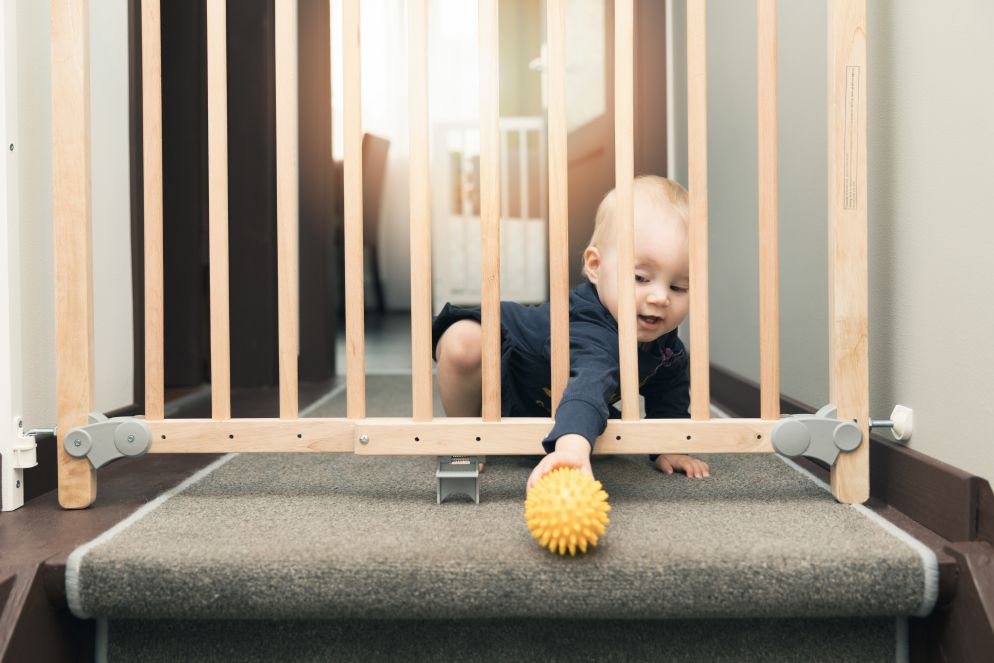Though parents may be more informed than ever about dental care, even scheduling that initial dentist visit in the first year, some pediatric dentists report an increase in cavities and other issues in their young patients.
That’s in part because parents may not realize that some of their kids’ seemingly healthy drinks, like all-natural fruit juices, and snacks, like fruit strips, can cause damage to their teeth. Dr. Rachel A. Maher, of Dentistry for Children in Wilmington, DE, says more children of all ages are coming to her practice with cavities. Not surprisingly, one of the biggest cavity-causing culprits can be found in their diet. “Too much sugar in the diet is probably still the main cause of cavities,” she explains.
Even if you don’t allow your child to eat candy or other obvious sources of sugar, many parents don’t think twice about handing over a juice box, gummy vitamin, or even a glass of milk. “There are a lot of foods with obvious sugars that many parents avoid, but they’re not always realizing how much sugar can be found in juices — and it’s even added to some brands of milk to sweeten the taste,” she explains. Meanwhile, gummy vitamins may have the nutrients your kids need, but they do contain sugar and have a sticky texture that can help lead to dental decay.
Bottled Water Lacks Fluoride
Sugar isn’t the only culprit. Soda and sports drinks are also very acidic and can erode your child’s teeth. Surprisingly, Dr. Maher says, even bottled water is a potential cause of dental decay because many brands are stripped of chemicals, one of which is fluoride. The fluoride that’s found in most public water supplies helps make the teeth more resistant to acid attacks from plaque bacteria and sugars in the mouth and it can help prevent and even reverse early signs of decay.
“The fact that many families don’t trust the tap water that comes out of their faucet means that many kids aren’t getting that additional fluoride to help their teeth grow strong and resist bacteria,” she explains.
Some parents may be hesitant about fluoride, even via toothpaste, due to concern over potential health issues from over-exposure to it. But Dr. Maher tells parents not to be afraid of fluoride; just follow the American Academy of Pediatric’s guidelines for how much toothpaste to use, such as a pea-sized amount for children ages three to six.
Contagious Cavities
Any mom who has ever “cleaned” her baby’s pacifier in her mouth or shared a drink or utensils with a toddler probably doesn’t know that cavity-causing bacteria can be passed from mom and dad to their child. “There are newer studies showing that the transmission of cavity-causing bacteria can even be made from child to child, so if your little one is playing with a toy at daycare and puts it in his mouth, then the next child who plays with it puts it in her mouth, that harmful bacteria has just passed from one mouth to another,” Dr. Maher says.
Parents’ Role
Lastly, parenting styles have changed. Dr. Maher notes that many parents seem reluctant to force their child to brush or floss, worried that doing so could make dental care a negative experience for their kids. Other parents simply aren’t as diligent with dental hygiene for their third or fourth child as they were with their first. “I do see families who are only brushing their child’s teeth once a day and aren’t flossing. But if there’s bacteria living in their mouth and the mouth environment is acidic — from drinking a glass of orange juice or soda — then that bacteria thrives, and that’s when cavities happen.”
So what should parents do? A toothbrush and floss are still your best weapons against cavities. Even when a child is too young to brush, bacteria can form as soon as those first teeth begin to erupt, so wipe your baby’s mouth down with a washcloth each day to fight against future cavities.
Parents can also allow their children to have sugar-free gum and candy that contains the natural sugar substitute Xylitol, which is believed to help neutralize bacteria in the mouth and even help prevent cavities.
Schedule That First Visit
An early dentist visit is important for more than health reasons; it can also help a child become accustomed to the dental office as well as educate and provide home care instructions for parents. “There’s still a discrepancy between the age when some pediatricians are referring kids to the dentist and when pediatric dentists believe they should make their first visit,” Dr. Maher says. “We ideally like to see them around the first birthday.”
There are ways to help that first visit go smoothly. “From books to YouTube videos, to taking a tour of your dentist’s office before you go, there are lots of ways to help teach your child about dental care and prepare for that first visit,” she says, “and help set them up for a lifetime of healthy teeth and gums.”
For more information about Dr. Maher visit Dentistryforchildrende.com
Jennifer Lesser is a freelance writer.






